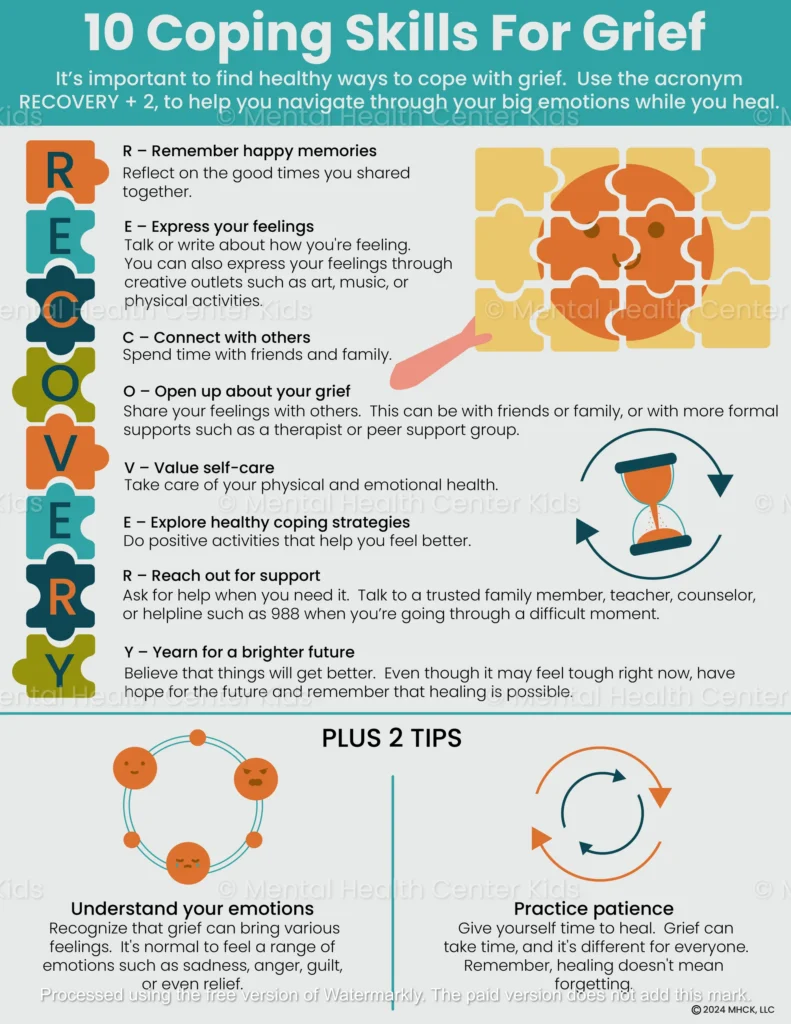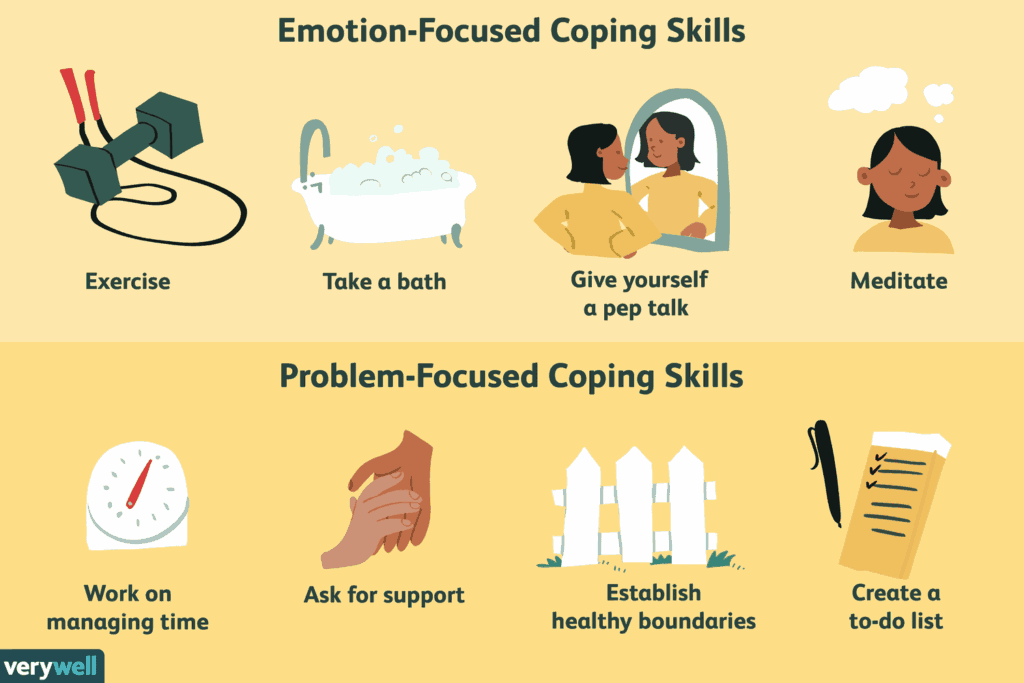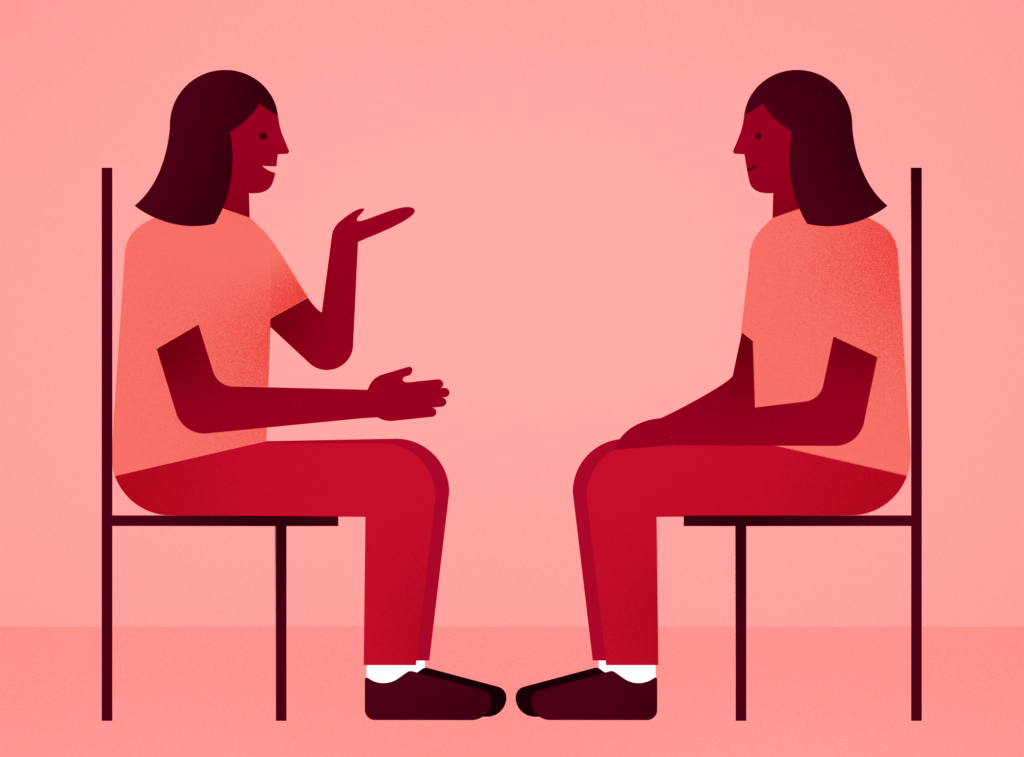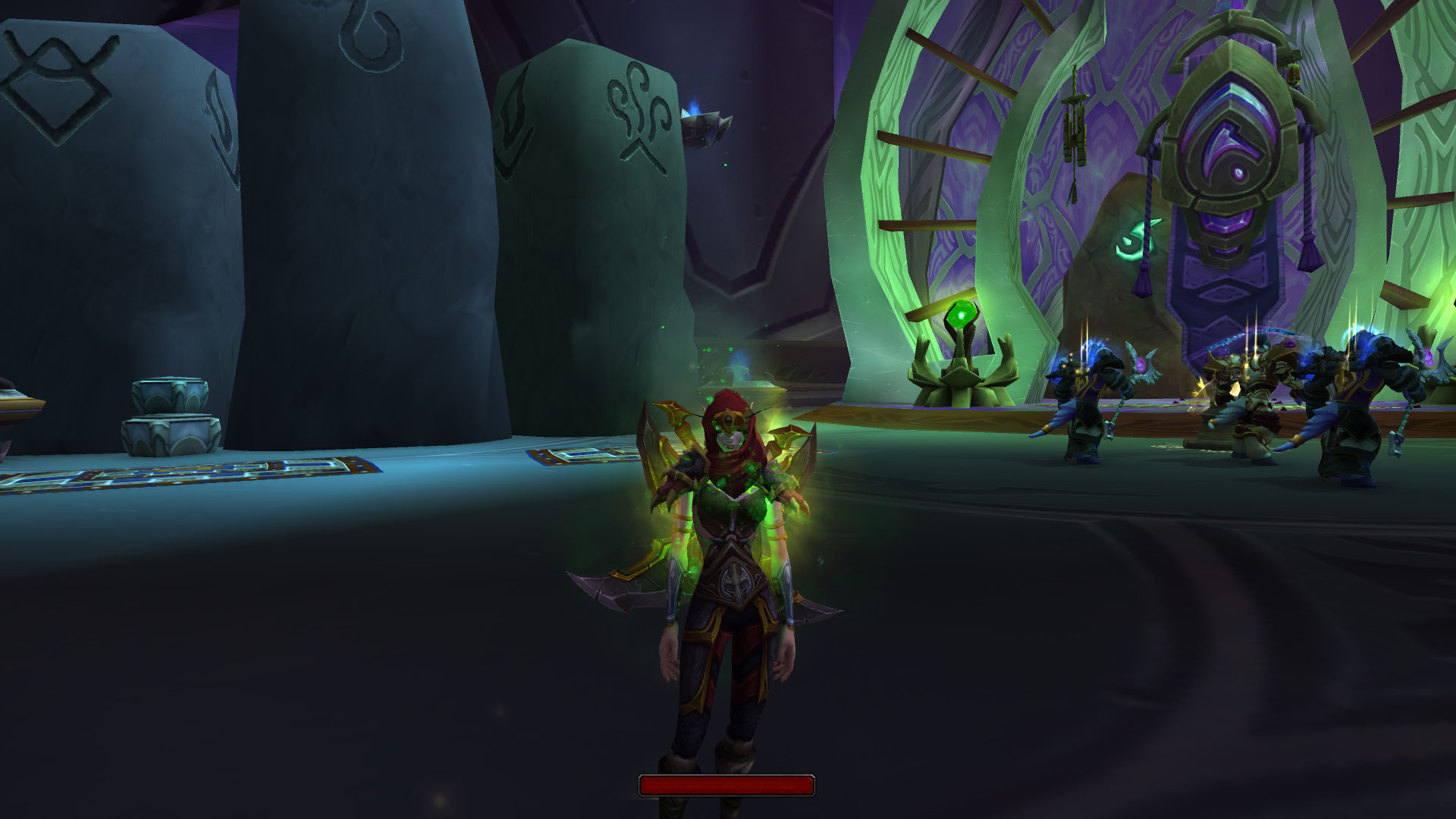Understanding Grief Coping Strategies
Grief coping strategies are not about “fixing” loss but about learning how to live with it. Grief is a deeply personal experience, and while the pain may never fully disappear, there are ways to navigate it with compassion. From seeking support in loved ones to finding healing in rituals or creative expression, these strategies help you carry the weight of loss while slowly moving forward.

Healthy Grief Coping Strategies
Give Yourself Permission to Feel
First, allow space for your emotions—even the difficult ones. Otherwise, suppressing grief can delay healing and make the process even harder.

Talk About It
In addition, share your thoughts and feelings with trusted friends, a support group, or a therapist. By expressing your grief, you can lighten the emotional load.

Maintain Routines
Moreover, structure can provide a sense of stability. Therefore, try to keep up with regular meals, maintain healthy sleep patterns, and follow daily habits.

Use Creative Expression
Write in a journal, paint, play music, or engage in crafts. Creative outlets can help process grief when words fall short.

Practice Self-Compassion
Above all, be gentle with yourself. Since grief often comes in waves, remember that you’re doing your best through each moment.

Move Your Body
Furthermore, gentle physical activity—like walking, stretching, or yoga—can reduce tension and, as a result, help you reconnect with your body.

Create a Ritual
For example, you can light a candle, plant a tree, make a scrapbook, or write a letter to honor your loved one or loss. In this way, rituals provide closure and create a meaningful connection.

Limit Numbing Behaviors
Avoid excessive use of alcohol, substances, or digital distractions. These may temporarily mask pain but can prolong the healing process.

Seek Connection
Isolation can intensify grief. Reaching out—even when it’s hard—can offer comfort and remind you that you’re not alone.

Set Small Goals
On tough days, it helps to focus on one simple task at a time. For instance, celebrate small wins such as making your bed, taking a shower, or stepping outside

🧘♀️ Mindfulness and Grounding
To begin, take slow, deep breaths. Next, focus on the five senses to stay grounded in the present moment. Finally, try repeating an affirmation such as: ‘This pain is part of my healing. I am not alone.’

🛠 When to Seek Help
Consider reaching out to a mental health professional if:
At times, you may feel overwhelmed most of the time. In addition, grief can interfere with daily life for an extended period. Furthermore, you might experience thoughts of hopelessness or even self-harm. Finally, relying on unhealthy coping mechanisms to numb your pain can make healing more difficult

📞 Helpful Resources
- National Grief Support Hotline: 1-800-273-8255
- The Dougy Center (Grief support for children & families): www.dougy.org
- GriefShare (Support groups near you): www.griefshare.org
- What’s Your Grief: www.whatsyourgrief.com

Remember: Grief is not a problem to be fixed. It is a process to move through—with support, self-care, and time. You are not alone on this path.





I love how this hits the nail on the head with practical grief tips—like the candle ritual, which sounds both mystical and slightly ridiculous at the same time. The mindfulness section had me laughing because who *actually* remembers to breathe deeply when everything feels like a mess? But seriously, the self-compassion part is gold, because lets face it, being kind to ourselves is way harder than just showing up for the chaos. Great stuff!
Thank you so much for this thoughtful feedback! 🌙✨ I love that you caught the mix of mystical and slightly ridiculous in the candle ritual—that’s exactly the balance I was aiming for. For me personally, candle rituals generally do work, and as a witch (my religion), they’re part of the practices I lean on when moving through grief. I know that’s not for everyone, but this piece was written from what’s worked for me—and I completely understand that others will connect with different things.
And yes, the mindfulness section—totally relatable. Remembering to breathe when everything feels like it’s caving in isn’t easy, which is why I wanted to present it in a way that felt more human than “perfect.”
I’m especially glad the self-compassion part resonated. You’re absolutely right—being kind to ourselves is often the hardest ritual of all. Thanks again for reading and for sharing your reflections—it means a lot. 💜